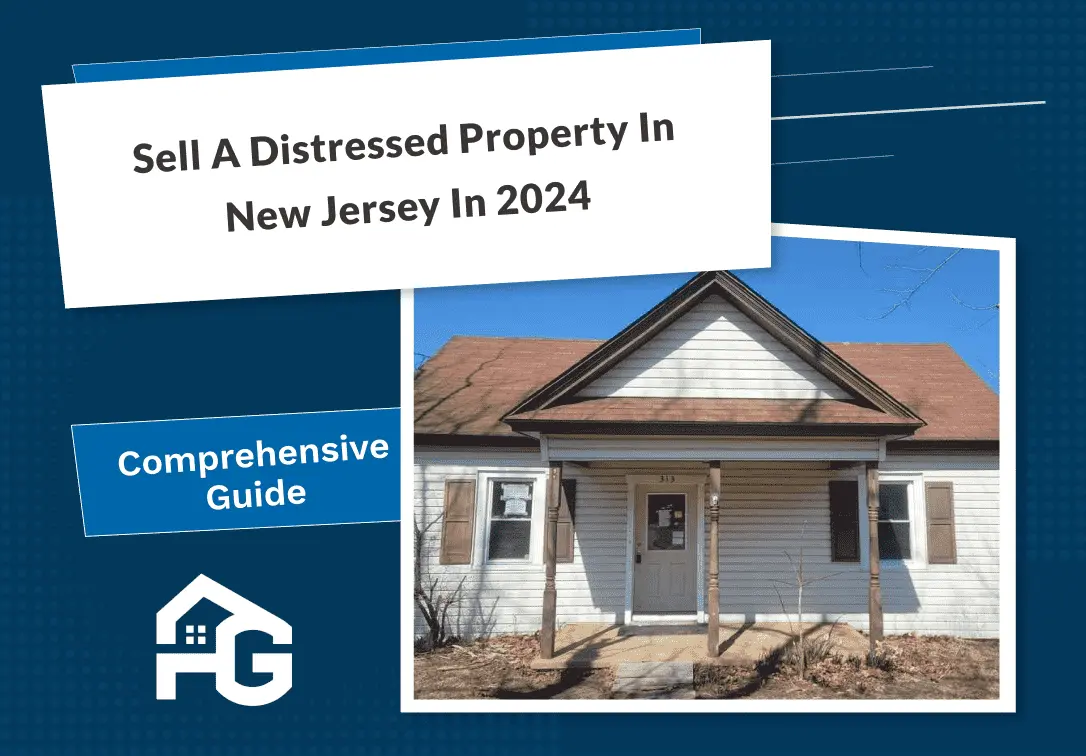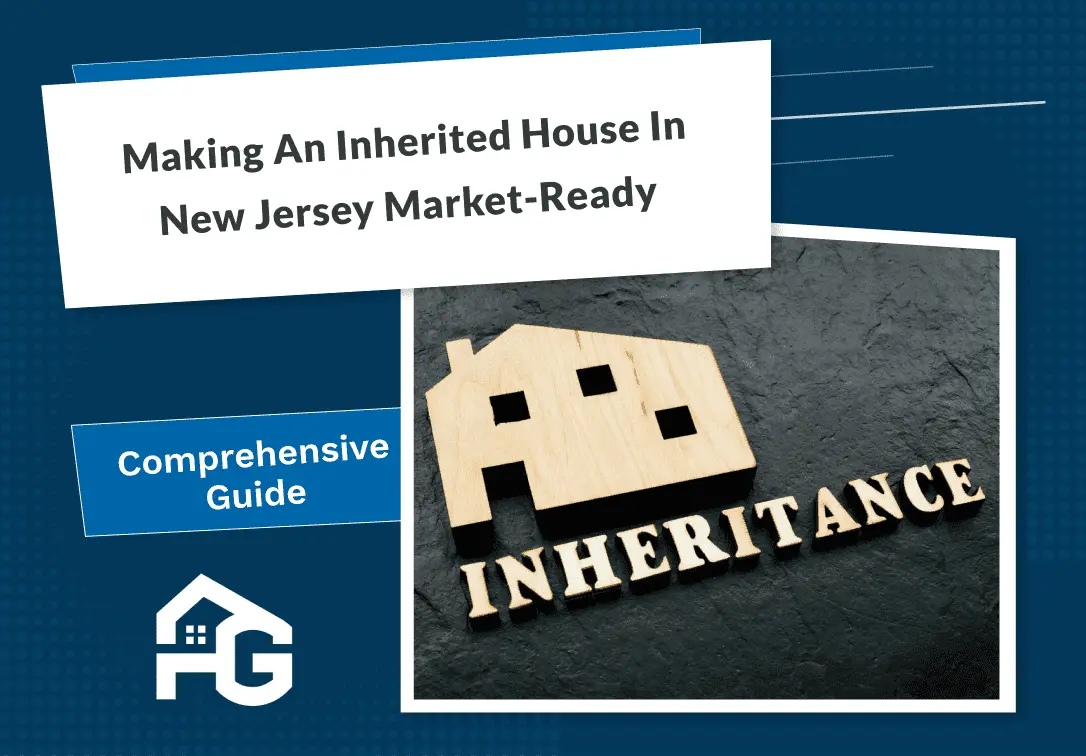
Sharing cherished property between married partners is one significant and challenging duty during a divorce. But that doesn’t happen if disagreements erupt. The couple may decide to sell the shared home. As a result, while selling your house during the divorce, assess the market and the patterns of other recently sold homes. Keep the title of a house for safe and reliable sources of income. However, selling your home quickly in New Jersey is essential to achieve financial stability and avoid paying high taxes. For this reason, consulting a licensed real estate agent is imperative to finish this activity efficiently and financially.
Selling Your House During Divorce in New Jersey
When selling a house after a divorce, having appropriate contact with your ex is critical. Talking with your ex-spouse about any new step is essential. To facilitate it, you must also collaborate with an experienced legal counsel throughout this challenging phase of the selling process.
Additionally, speaking with a knowledgeable real estate agent will help you maximize the selling process for your New Jersey house. They have specific knowledge about handling the assets after a divorce. They will also walk you through the actions you need to do to accelerate the selling process without difficulty.
The Process of Selling Your House During Divorce
Examine the Court’s Judgment
You must agree with the court’s ruling to curb legal issues when selling your home during divorce. These orders, which deal with the sale of your property, can take many forms, such as usage of assets or temporary restrictions.
Understand the Legal Issues
Understanding the legal difficulties while selling your house during divorce is crucial to minimizing legal issues. Real estate legal consultants suggest working with a knowledgeable lawyer to ensure the selling process complies with legal limits. They ensure the selling process is safe and carried out per local laws. Also, you will understand your conditions and obligations, enabling you to secure the agreement with greater assurance.
Divide Big Assets
If you and your partner hold several significant assets together, such as a joint stock investment, art collection, and secondary residence, you can decide to divide them equally. This can be done after determining their respective values using trustworthy resources.
States with community property prohibit dividing assets evenly upon a divorce. However, the process can be completed without problems if both partners consent to splitting the property.
One Partner May Acquire the Assets
If your partner chooses not to buy or sell your house during divorce, you can buy the home and receive an equal portion. The total purchase amount may range from half to more than the current market worth.
However, if you sell your house to your spouse after divorce, you typically receive 50% of the property price. Financial considerations, salaries, and the potential for earning the home are essential variables when calculating each spouse’s contribution.
Examine Your Agreements and Conditions
Understand the terms and laws about selling real estate or other property. These are the kinds of promises that are made between two people before or after marriage. Additionally, they impact the sale of your home in New Jersey following a divorce.
Sell Your House During Divorce with Homes General
Divorce is challenging, and selling your house shouldn’t add to your stress. At Homes General, we help homeowners like you navigate the complexities of property sales during a divorce. We understand the emotional and financial implications and are here to smooth the process.

We offer a personalized approach, providing expert guidance at every step. From pricing your home to negotiating the best deal, we aim to ensure a fair and swift sale. Don’t let the complexities of a divorce make selling your home more complicated than it needs to be. Contact Homes General today!
Conclusion
Selling your house during divorce is a complex process that demands expertise. However, to carry out this work, you must prepare your home, stage it, and be aware of the legal limits. This might improve your financial condition and comfort you during this challenging time.
Contact a knowledgeable realtor to complete this process with the slightest worry and the smallest amount of time. They let you observe and track the selling process to increase your trust while operating without fees. They also help with paperwork and legal issues that can be challenging to manage independently.














